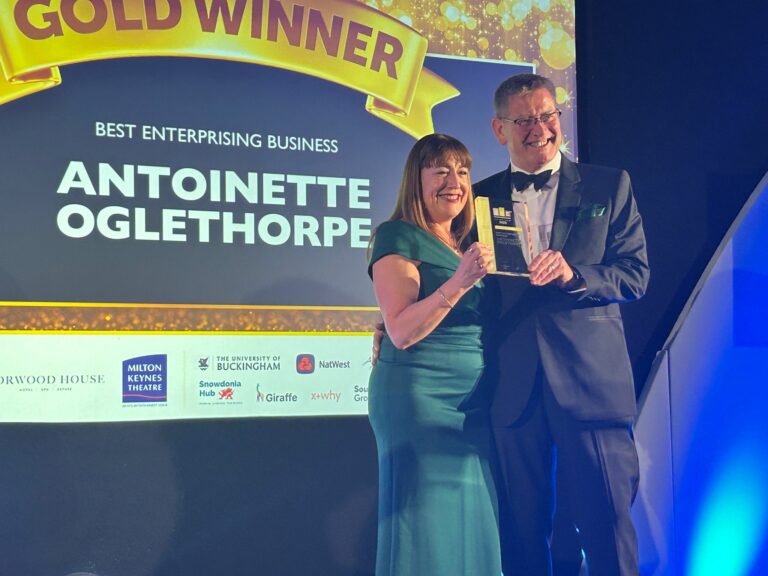Performance feedback. Performance appraisal. Performance review. No matter what you call it, managing performance is key to being successful as an organisation. That’s why one organisation asked for our help.
In 2008, a Health Care organisation was striving to develop an internal performance culture. The organisation had designed a new Performance and Development Review (PDR) process that defined the behaviours needed to deliver its vision and values. The challenge they needed help with was to launch the new PDR process and to ensure managers used it as the basis for effective performance feedback.
Performance feedback success factors
I knew success would rely on:
Helping managers take positive ownership for managing performance.
Helping them understand what the organisation expected of them in giving performance feedback and fulfilling the new PDR process.
Providing them with the tools, confidence and skills to give helpful performance feedback and hold effective discussions even when difficult.
Our approach
To get to know the organisation, I held several one-to-one and group meetings with the CEO, the HR Director and other members of the Executive Team. And I analysed the relevant documentation, including strategy documents, value statements, competency frameworks etc. I also facilitated a series of “Think Tank” meetings with managers who had expressed an interest in helping design the programme. And I considered the following practicalities:
How could we minimise extended periods out of the workplace?
How could we maximise participants’ learning experience while out of the workplace and encourage informal networking and relationship building?
How could we support the application of learning to the workplace and start a process of peer support?
Our strategy
To meet these needs I designed a strategy consisting of three elements.
1. Briefing for the Leadership Team to help them take a strategic lead and develop/deliver consistent messages about performance management.
The CEO led this briefing to show commitment from the top and to underline this as a business initiative – rather than an HR one.
2. Launch of the PDR Process.
Every manager attended a briefing to get an outline of the Performance & Development Review (PDR) process. They then received a “How To Guide” to ensure they had the information they needed to carry out the process effectively and consistently.
3. PDR Discussion Skills Training.
We invited all managers to a PDR Discussion Skills Workshop to:
Develop the right skills to manage and develop performance.
Discover techniques to handle difficult people situations more effectively
Develop the right skills to manage and develop performance.
Discover techniques to handle difficult people situations more effectively
We designed and delivered the Workshop using accelerated learning (brain friendly) techniques to ensure there was a rich mixture of activities and challenges, which made the learning accessible and memorable.In particular, I brought in a team of professional actors to bring the learning content to life and to ensure the demonstrations and skills practice was as relevant and realistic as possible.
The results? Better performance feedback
Uptake of the new Performance & Development Review (PDR) process was high and anecdotal evidence showed that significant numbers of staff at all levels noticed observable differences in the performance feedback of those who attended the workshops. Managers had handled difficult conversations constructively. They had dealt with underperformance. And they had recognised high performance. Staff survey results showed better scores on Appraisal, Training and Learning & Development. Both the organisation and I were delighted with the results.



